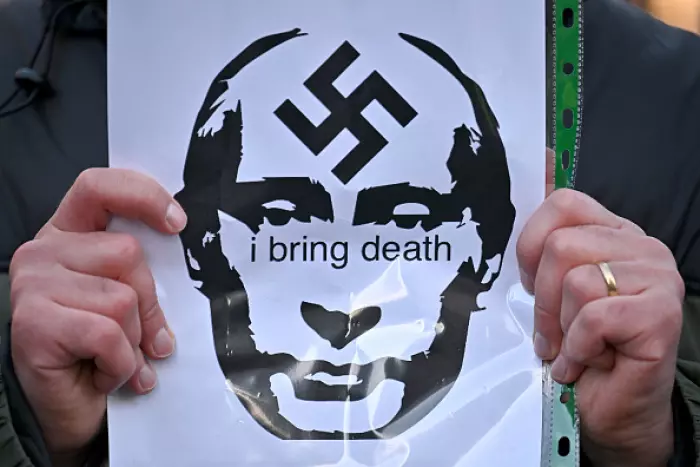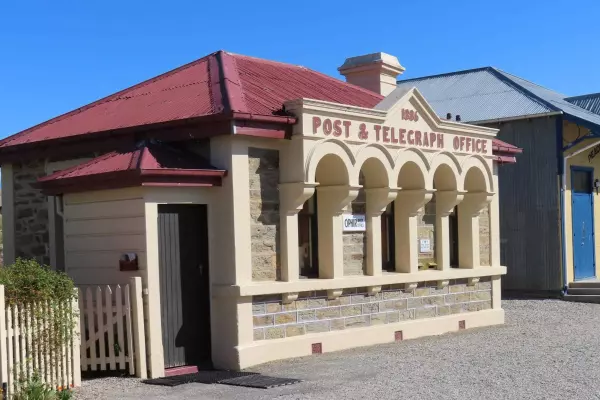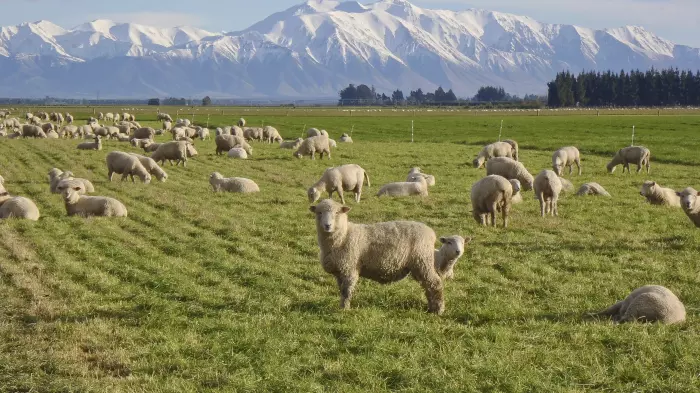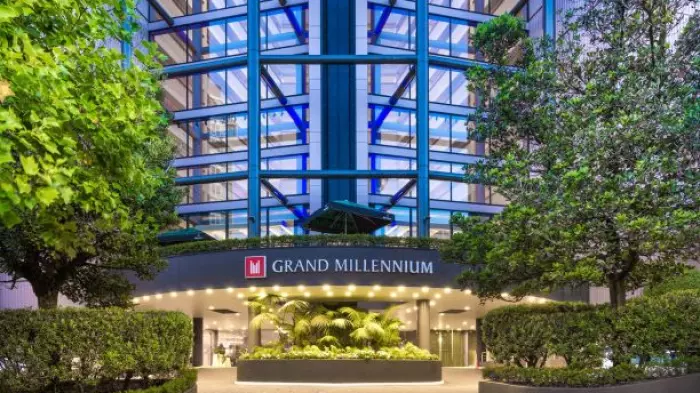Russia invades Russia started Europe’s biggest conflict since the second world war overnight, invading Ukraine from the north, east and south. Airborne troops attacked Kyiv’s airport and explosions from missile strikes and bombs were heard all over the city. Russian President Vladimir Putin demanded Ukraine surrender, which it refused to do. (Reuters)
Bigger sanctions coming US President Joe Biden ruled out sending US troops to Ukraine, but vowed to impose “severe” sanctions on Russia because of the invasion. They are expected to include restrictions on US banks dealing with Russian banks and controls on US exports to Russia. NATO described the invasion as a “brutal act of war” and deployed extra troops, ships and planes to its eastern borders with Russia, Belarus and Ukraine. NATO leaders meet later today in an emergency summit. (Reuters) By the way, New Zealand banned travel by Russian officials to New Zealand.
Stocks routed Global stocks slumped through late yesterday and overnight. Asian stocks began with a 2.6% fall, followed by Europe’s STOXX 600 Index falling 4%. Germany’s Dax index fell 5% and the S&P 500 was down 2.5% in early trade. The tech-heavy Nasdaq fell 3.5% in morning trade, but has bounced to be down just 0.5% by 7 am NZ Time, while the S&P 500 was down 1.3%.
Oil jumps Oil prices jumped through US$100/barrel for the first time since 2014. Brent crude futures rose 8% to US$105/barrel on fears sanctions on Russian exports and financial transitions could reduce global supplies. European natural gas futures rose 48%. Russia supplies nearly 40% of the European Union’s gas and 26% of its crude oil. Germany is even more exposed.
Flight to safety Investors bailing out of stocks rushed into government bonds across European and US markets overnight. The US 10 year Treasury yield fell five basis points to 1.92%, while the German 10 year bund yield fell seven basis points to 0.15%. Gold rose 1% to US$1,925 per ounce. Cryptocurrency prices fell five to seven percent in the flight to safety. Traders now see little chance of a 50 basis point hike by the US Federal Reserve when it meets on March 16, trimming their expectations to just a 25 basis point rise.
Aluminium spikes Aluminium prices jumped to fresh record highs overnight on fear Russia’s output could be either restrained or blocked from world markets. Traders also worried that restrictions on Russian gas supplies to Europe could reduce electricity production, starving smelters in Europe of their key input. Three-month aluminium on the London Metal Exchange rose 3.3% to US$3,402 a tonne by 7am NZT after touching a record of US$3,480 overnight. Russia produces six percent of global supply. Rio Tinto said earlier this month it wanted to extend the operations of Tiwai Point beyond the end of 2024 after the recent rise in prices, which have also been affected by covid lockdowns of cities in China with smelters.
Russia becomes toxic European politicians and former politicians rapidly announced resignations from various Russian company boards. Former PMs of Italy and Finland and the ex-chancellor of Austria resigned from the boards of Russian companies overnight. Matteo Renzi left the board of Delimobil, a Russian car-sharing service. Finland’s Esko Aho resigned from the board of Sberbank, which is Russia’s largest bank. Christian Kern, Austria’s former chancellor, resigned from the board of Russian Railways, saying it had become part of the Russian war logistics effort. Elsewhere, German football team Schalke removed the Gazprom logo from their shirts overnight.
Fresh on BusinessDesk this morning
Paul McBeth writes his weekly column on why the government should withdraw its Data and Statistics Bill and start again.
Cameron Bagrie writes his weekly column on the Reserve Bank’s harder line on inflation and the need for a national effort to boost the supply side.
Jenny Ruth reports Kiwibank’s need for more capital was evident in its results.






